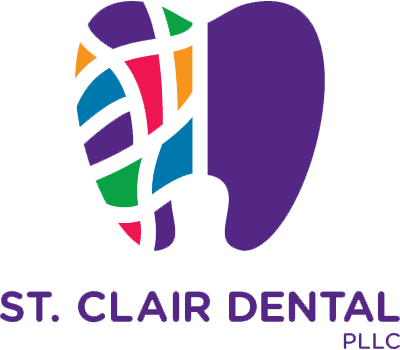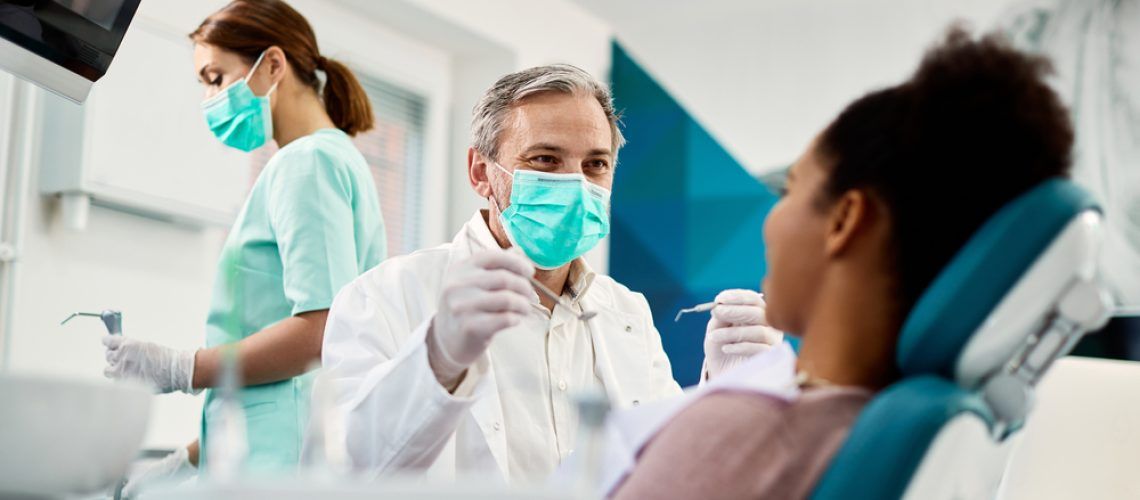In the journey towards optimal oral health, selecting the right tools is as crucial as the practice itself. At St. Clair Dental in Granbury, TX, Dr. Maureen Karl emphasizes the importance of choosing appropriate oral care tools to complement professional dental treatments and maintain daily oral hygiene.
Understanding Toothbrush Dynamics
Types of Toothbrushes
The market is flooded with various toothbrushes, each designed to cater to different needs.
- Manual Toothbrushes: These classic tools come in various bristle types and sizes. Soft bristles are generally recommended, as they are gentle on the gums while effectively removing plaque.
- Electric Toothbrushes: Known for their efficiency in plaque removal, electric toothbrushes are ideal for those seeking thorough cleaning with minimal effort. They are particularly beneficial for people with limited manual dexterity.
Bristle and Head Size
Selecting the suitable bristle and head size can significantly impact the effectiveness of your brushing routine.
- Soft Bristles: Ideal for most users, they provide thorough cleaning without damaging the gums or enamel.
- Head Size: A smaller head is preferred for better reach and maneuverability, especially important for those undergoing treatments like Invisalign or with Dental Implants.
The Role of Dental Floss
Types of Floss
Choosing the right type of floss can make a difference in your oral hygiene routine.
- Waxed and Unwaxed Floss: Waxed floss slides more easily between tight spaces, while unwaxed floss is thinner and fits into very small gaps.
- Dental Tape: A broader and flatter form of floss, ideal for those with larger gaps between teeth or with dental restorations like Crowns and Bridges.
Flossing Technique
The effectiveness of flossing lies in the technique. Ensure you gently slide the floss between your teeth and curve it around each tooth to remove plaque and food debris effectively.
Choosing the Right Mouthwash
Types of Mouthwash
Mouthwashes come in various formulations, each serving different purposes – cosmetic, therapeutic, or a combination of both.
- Fluoride Mouthwashes: These help in remineralizing the teeth, making them an excellent choice for patients prone to cavities or those with Composite Tooth-Colored Fillings.
- Antibacterial Mouthwashes: Effective in reducing bacterial growth and improving gum health, they are recommended for individuals prone to gingivitis.
Additional Tools: Tongue Scrapers and Interdental Brushes
Tongue Scrapers
Using a tongue scraper can help remove bacteria and debris from the tongue’s surface, contributing to fresher breath and reducing the risk of oral infections.
Interdental Brushes
These are especially useful for cleaning between teeth, around braces, bridges, and Dental Implants. They come in various sizes to fit different spaces.
Regular Dental Visits: The Key to Tailored Advice
No tool can replace the tailored advice and care received during regular dental visits. Whether it’s considering Dentures or seeking Granbury TMJ Treatment, professional guidance is indispensable. Dr. Maureen Karl at St. Clair Dental can provide personalized recommendations based on your specific oral health needs.
Your Toolkit for Oral Health
Choosing the right oral care tools is a personalized journey. By understanding your unique dental needs and seeking professional advice, you can select the tools that best suit your oral health regimen. For expert guidance, contact Dr. Maureen Karl at St. Clair Dental, Granbury, TX, at 817-910-2880, and embark on a path to achieving and maintaining optimal oral health.
Source
- Journal of Clinical Dentistry: Research on the effectiveness of different toothbrush types.
- American Dental Association’s guidelines on oral hygiene tools.
- Dr. Maureen Karl’s professional insights based on her extensive dental experience.

